
Belgium has existed essentially in its present form since 1830, when an uprising led to independence from The Netherlands. The country's name goes back to a Celtic tribe, the Belgae, whom Julius Caesar described as the most courageous tribe in all of Gaul. The Belgae were overwhelmed, however, by Caesar's legions around 50 BC, and for 300 years the area was a Roman province. Some scholars believe that the southern part of Belgium was the northernmost area of true Roman cultural penetration, beyond which Latin never really took hold. The proto-Dutch language, spoken by the Frankish invaders who swept through the Roman Empire in the 4th century AD, took hold north of that line.
Throughout most of the Middle Ages, life in the area centered on the quasi-independent trading and manufacturing towns--Ghent, Bruges, Antwerp, Liege, and others--that rose out of the rubble left by the Viking ravages of northern Europe. After centuries of war and many accidents of dynastic succession, the area that had come to be known as the Lowlands--comprising the approximate modern territories of Belgium, The Netherlands, and Luxembourg--came into the possession of Charles V, the Holy Roman Emperor in the early 1500s.
The arrival of Protestantism polarized the Lowlands into two hostile camps. In the religious wars, the split became geo graphic and political as the rotestants succeeded in establishing the United Provinces of the Netherlands in the north. The remaining Catholic territory after these wars is roughly equivalent to modern Belgium.
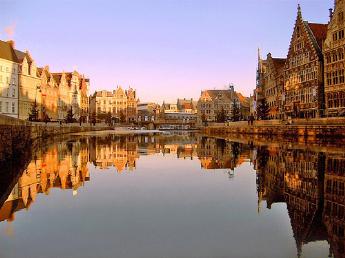






.jpg)



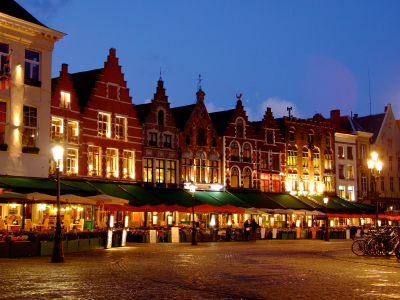
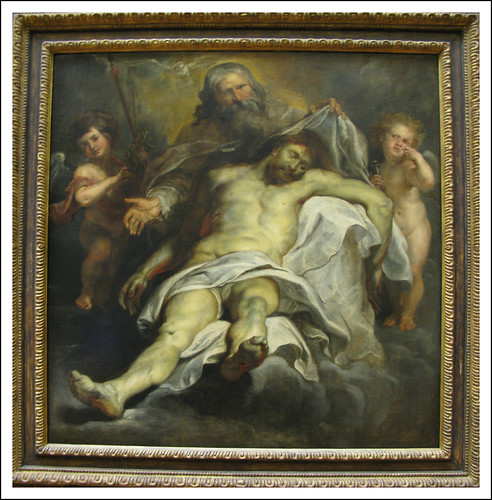






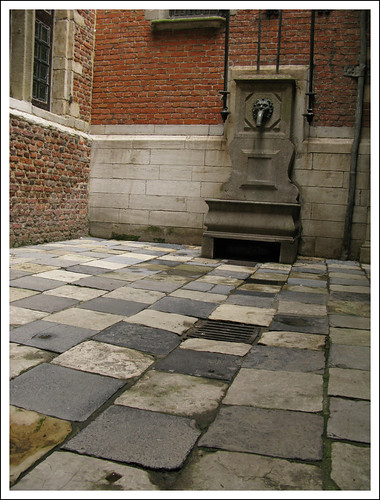









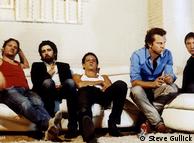




0 comments:
Post a Comment